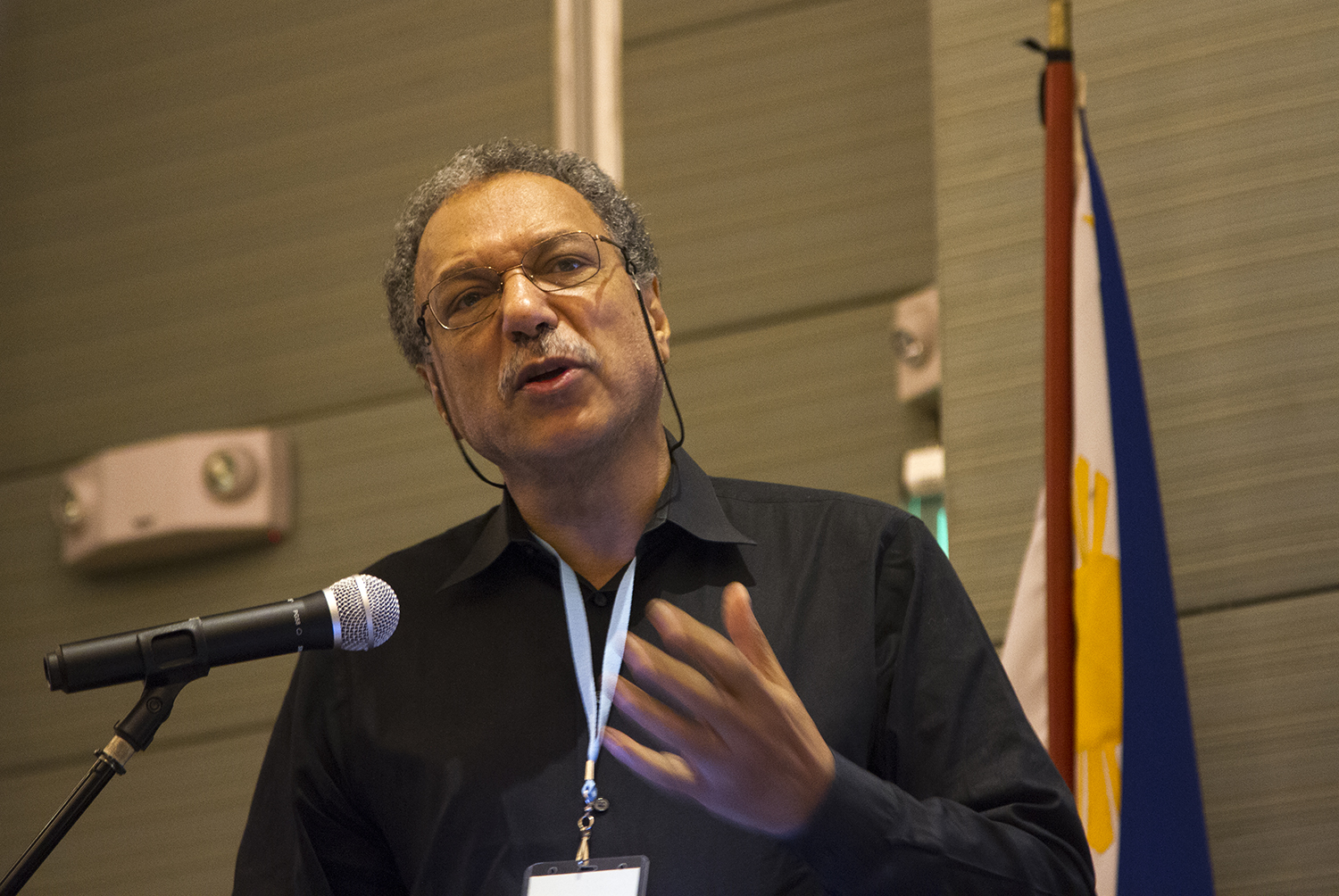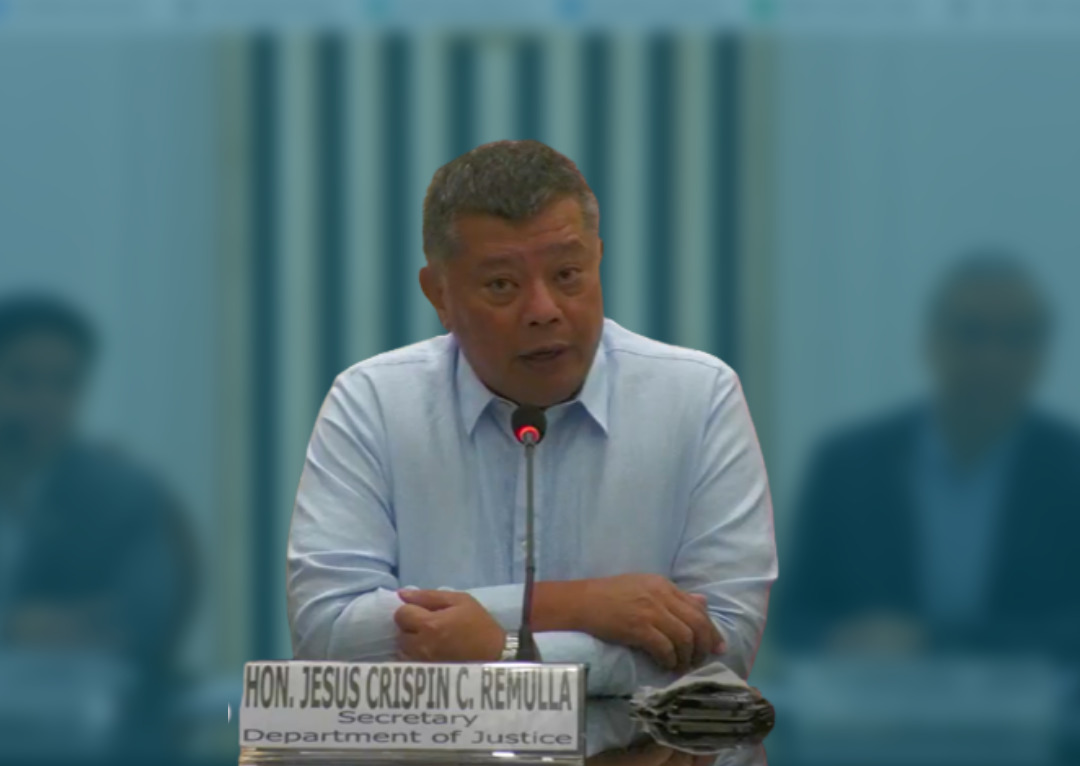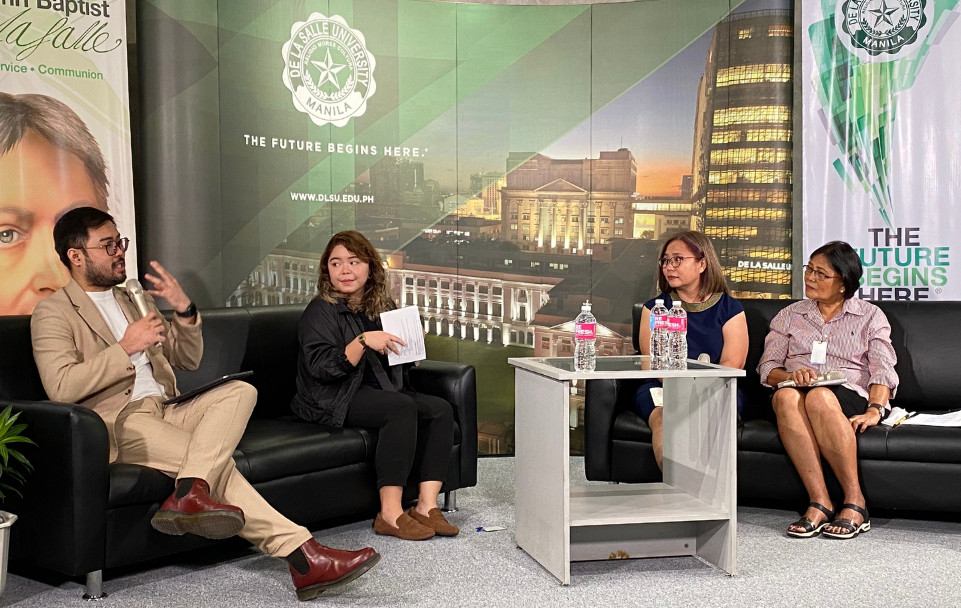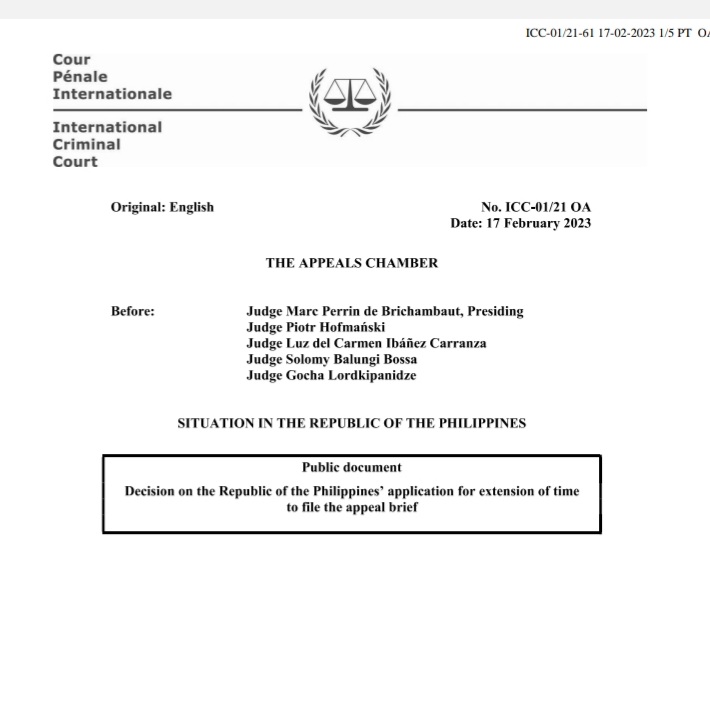
A HEAVY penalty of P10 million for serious fishery violations is being proposed to combat illegal and unreported fishing, a senior government official said.
During the National Symposium on Fisheries held in Quezon City on Monday, Bureau of Fisheries and Aquatic Resources (BFAR) national director Asis Perez said the fine is being increased from a measly P10,000 in the past.
“There will be enough teeth in the law for violators to feel the pain,” Perez said.
Perez also announced that the government is hiring 778 new enforcers with plantilla positions, backed up by over 100 vessels and sufficient funds for fuel to go against illegal fishers.
He said 41 percent of the population in the fisheries sector is poor. He attributed this to lack of post-harvest facilities such as cold storage, processing of value-added products, and marketing support.
On Nov. 24, the Philippine government will launch its targeted intervention program for the fisheries sector as part of its poverty alleviation measures, he announced.
In the Philippines, there are over 1.3 million small-scale fishers and an estimated eight million people who depend on fisheries.
“We are doing this to protect our people,” said Perez, who noted that 70 percent of the protein requirement of Filipinos comes from fish.
Protecting the seas
The two-day symposium, “The road to sustainable fisheries governance,” is the launching activity of the Philippine office of Oceana, the largest international organization focused exclusively on restoring the world’s oceans.
“In a nation where fishing is critical to the livelihood of millions, it is deeply concerning that more than 75 percent of our fishing grounds are depleted,” said Lawyer Gloria Estenzo Ramos, vice president of Oceana Philippines.
“Overexploitation has been driven by excess fishing pressure, a lack of coordination among agencies, destructive fishing and until recently, a lack of political will to implement the laws,” Ramos added.
Dr. Mike Hirshfield, Oceana’s chief scientist and strategy officer, introduced Oceana to some 100 stakeholders from the government and fisheries sectors, the justice system, academia, nongovernment organizations and the business community that attended the first day of the symposium.
Oceana board member Dr. Daniel Pauly, who leads the “Sea Around Us Project” at the University of British Columbia, presented the results of a global study that indicated world fisheries catch is much higher than previously thought, and declining much faster than data from the Food and Agriculture Organization (FAO) suggest.

In the Philippines, Pauly noted that much of the data from small-scale fishing is not included in the estimates for fisheries catch, even though these are also sold in the market.
He said much of the data coming from governments fed into the FAO database, which is the only source globally of fishery statistics, are “biased downward” and do not include harvest from activities such as reef gleaning and sports fishing.
Pauly, who spent over 20 years living and working in the Philippines, said that the country ”urgently needs to rehabilitate its fisheries resources and the statistical system by which catches are monitored.”



